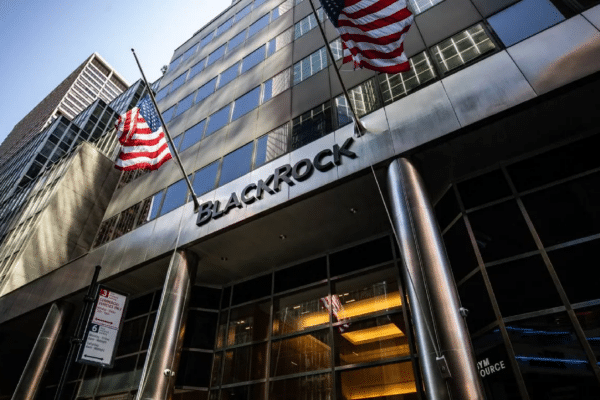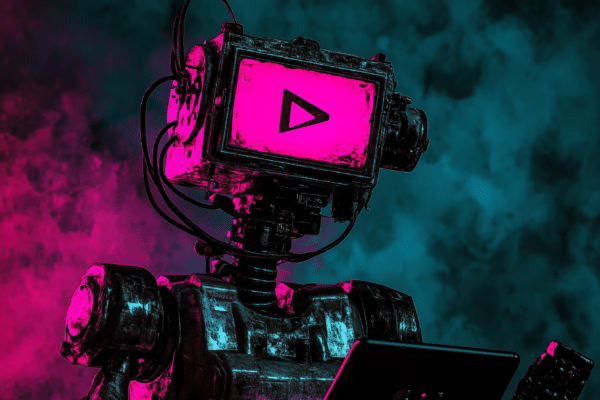In the rapidly evolving employment landscape, Human Resources (HR) teams are increasingly turning to artificial intelligence (AI) to reshape their strategies and operations. As companies navigate the complexities of talent acquisition, employee retention and workforce planning, AI emerges as a powerful ally to make HR more efficient and predictive.
Recruiting is undergoing a significant transformation, driven by AI's ability to quickly analyze large amounts of data efficiently. HR professionals are using AI-powered tools to streamline the hiring process, from ranking applications to identifying the best candidates based on skills and potential rather than just past experience.
AI technologies are enabling HR teams to automate the initial screening of candidates, significantly reducing the time spent reviewing resumes. By focusing on candidates' skills and potential. Tools such as talent intelligence platforms not only match qualifications but also predict which candidates are most likely to succeed in their roles, improving the overall quality of hires.
The cost of employee turnover can be substantial, forcing HR departments to prioritize retention strategies. AI helps by analyzing patterns in employee data to predict turnover risks and suggest preventative measures. This enables HR managers to offer targeted interventions, such as training programs or career development opportunities, tailored to individual employee needs.
Thus, HR can better understand the factors that contribute to employee satisfaction and engagement.
Simplifying operations
The impact of AI extends beyond recruitment and retention. It is also simplifying HR administrative tasks, such as payroll processing, benefits administration and compliance management. Automating these tasks reduces errors and frees HR professionals to focus on more strategic activities that require human insight and decision making.
While the benefits of AI are clear, integration with existing HR systems can be challenging. Successful integration requires careful planning and execution. Companies must ensure that AI tools complement and enhance existing HR technologies without disrupting them, allowing for a smooth transition and adoption.
As AI continues to advance, its role within HR departments is destined to grow. Future applications could include more advanced uses of natural language processing (NLP) to improve employee interactions and deeper learning algorithms that can further refine talent matching and predictive analytics.
Investing in AI technologies and training HR professionals to work alongside AI are crucial steps in this journey. As companies adopt these advanced technologies, they not only improve their competitive advantage but also contribute to a more dynamic and responsive HR function.






